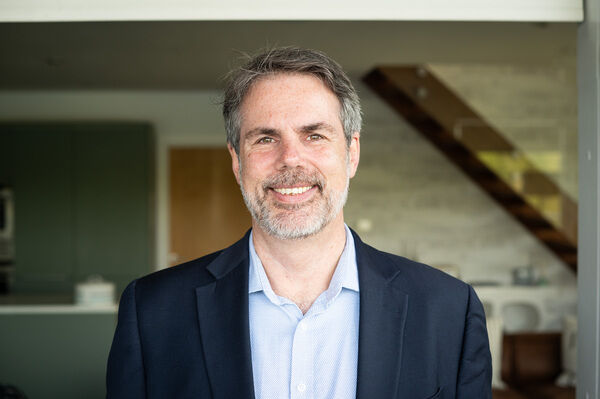Whistleblowing – some recent statistics
by Guy EllisA recent publication by Public Concern at Work (www.pcaw.org.uk) makes fascinating reading for those companies that are looking to implement or review their whistleblowing policy and procedures.
Published this month (May 2013), this UK based charitable organization has published a report on the experiences of 1,000 whistleblowers (https://www.pcaw.org.uk/whistleblowing-the-inside-story). The PCaW offer a confidential helpline to employees and this research is based on their database from cases in 2009 and 2010. This database however only collects data to the point of the whistleblower talking to PCaW and does not record outcomes unless the whistleblower informed them.
Whistleblowing is defined in its widest term by the Report – the act of an employee who raises a concern about some aspect of perceived wrongdoing such as fraud, malpractice, issues with safety etc. While this is at odds with the public perception of whistleblowers – who are seen to raise their grievances with external bodies such as the media or a regulator – the broader scope makes for more powerful reading.
Key findings;
1. Whistleblowing is an internal activity.
Over 80% of the concerns were raised internally, the majority of times only once (44%) or twice (39%). Even when a whistleblower believes they have exhausted all internal options, less than 1.5% raised their concerns with the media and another 13.5% with some other type of external body such as a regulator, independent body or union. However, the more persistent the whistleblower is the more likely that the claim will either be addressed or the whistleblower will suffer formal reprisal or dismissal.
2. Typically, organizations do not respond to whistleblowers.
60% of claims did not get a response from management and of those claims that did get a response; the most common actual response was formal reprisal (demotion, disciplinary etc.) then dismissal. Actual support for the claim was the least common response. Dismissal was most likely response in the financial services and health industries, for executives and where a concern about work safety was raised. Nearly three quarters of whistleblowers said nothing was done about the wrongdoing.
3. Safety is the greatest concern of whistleblowers.
Over 60% of claims involved safety including workplace, patient and abuse in care. Ethical and financial malpractice concerns accounted for around 20% each. Three quarters of concerns affect outsiders while two thirds of whistleblowers thought that their organization or work group was corrupt.
4. Whistleblower profile.
The average whistleblower is a skilled or professional worker (58% where the position was known) or manager / executive (19%). Over 90% said that they had not contributed to the activity and nearly half said it was not in their job description. Nearly three quarters perceived that they were less powerful than the perceived wrongdoer and 72% had been with their organization less than five years.
What does this Report really say?
This is a comprehensive report and provides a window into the realities of whistleblowing. However and as PCaW acknowledge, as this information is drawn from their database it only provides a snapshot in time of those cases that contacted PCaW for advice. Whilst acknowledging the powerful insight, my concerns are that;
By default, whistleblowers only come to the PCaW when their concerns are not addressed – this research is therefore self-selecting ‘issues’ and we are gaining no knowledge about the (many / some / few?) cases which are resolved internally
There is a need to understand the many employees who must see these issues and yet choose not to act. Are these employees less courageous, resigned, don’t agree or something else?
There is a presumption that all whistleblowers are correct or at least honourable. As someone who has seen all sides of whistleblowing – as an HR professional, a consultant and as a claimant – I know that while whistleblowers do not necessarily seek personal redress, there are many reasons why whistleblowers might bring a claim and not all are honourable. While I find it amazing that 60% of organizations ignore whistleblowers (but see my comments above about self-selecting cases), I do recognise the very real human dynamics of waiting to see if the whistleblower has the courage of their convictions to bring up their claims a second (or third) time, the frailties of human (mis) communication and the behaviours that can be driven by powerful emotions such as insecurity and jealousy.
Whistleblowing is a multifaceted topic that is a mix of human frailties, complex organizations, external agendas and political point scoring. I believe that whistleblowers are courageous but not always right. I also believe that organizations should try to tap into the passion that whistleblowers bring and develop a culture that takes the best, minimises the worsts and encourages all employees to speak out and be involved for the good of their future and their organizations.

